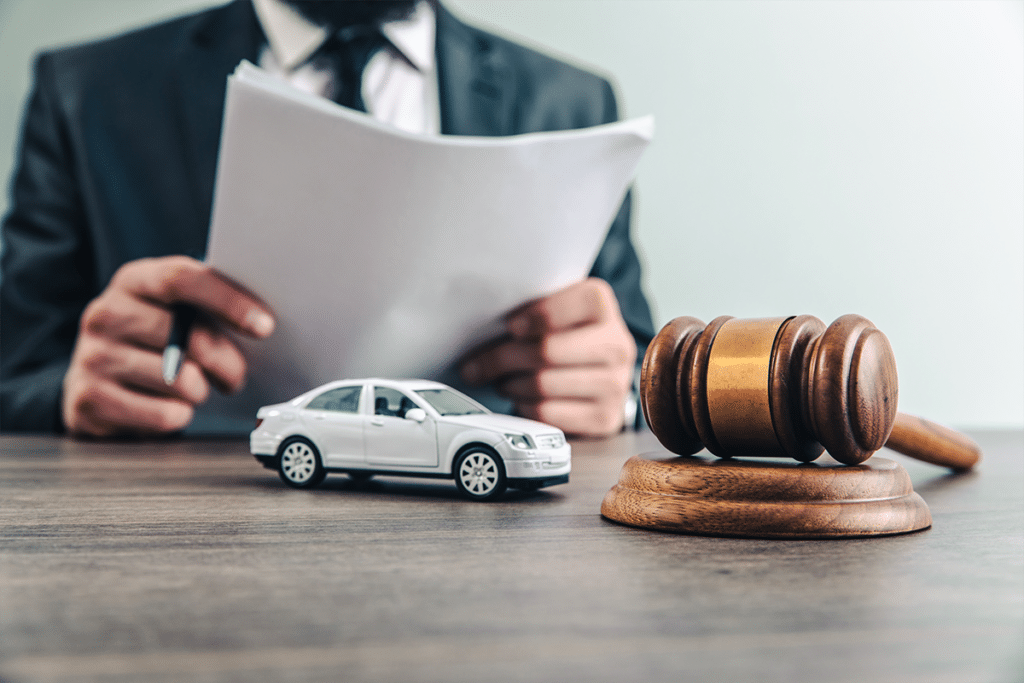Car accidents are a common occurrence on roads worldwide, leading to injuries, property damage, and emotional trauma for those involved. In the aftermath of a car accident, navigating the complex legal process can be overwhelming, especially while dealing with physical recovery and financial burdens. This is where a car accident lawyer steps in as your trusted legal advocate, guiding you through the legal intricacies and fighting for the compensation you deserve.
Understanding Car Accidents
Car accidents can happen for various reasons, including distracted driving, speeding, reckless behavior, poor weather conditions, or mechanical failures. Regardless of the cause, the consequences can be severe, ranging from minor injuries to fatalities. Injured parties often face medical bills, lost wages, and pain and suffering, making it essential to seek legal assistance to protect their rights.
The Role of a Car Accident Lawyer
A car accident lawyer specializes in handling cases related to motor vehicle collisions. They possess extensive knowledge of traffic laws, insurance policies, and personal injury litigation, allowing them to advocate effectively for their clients. From gathering evidence and negotiating with insurance companies to representing clients in court, a car accident lawyer plays a crucial role in securing fair compensation for accident victims.
Qualities of a Reliable Car Accident Lawyer
When choosing a car accident lawyer, several qualities are essential to consider. Experience and expertise in handling car accident cases are paramount, as is a track record of success in achieving favorable outcomes for clients. Additionally, effective communication, compassion for clients, and a dedication to fighting for justice are qualities that set top car accident lawyers apart.
Steps to Take After a Car Accident
After a car accident, prioritizing safety and well-being is crucial. Seek medical attention for any injuries, even if they seem minor at first. Contact law enforcement to report the accident and document the details. Gathering evidence, such as photographs, witness statements, and police reports, can strengthen your case and provide essential documentation for insurance claims or legal proceedings.

Legal Options for Car Accident Victims
Car accident victims may have various legal options available to them, depending on the circumstances of the accident. These may include filing a personal injury claim against the at-fault party’s insurance, pursuing compensation through their own insurance policy, or even filing a lawsuit in civil court. A car accident lawyer can assess the situation and recommend the best course of action based on the client’s unique needs and goals.
Navigating the Legal Process
The legal process following a car accident can be complex and intimidating for those unfamiliar with the law. A car accident lawyer will guide clients through each step, from filing insurance claims and negotiating settlements to representing them in court if necessary. Their goal is to alleviate the burden on clients and ensure their rights are protected throughout the process.
Compensation for Car Accident Victims
Victims of car accidents may be entitled to various forms of compensation, including medical expenses, lost wages, property damage, pain and suffering, and emotional distress. A car accident lawyer will assess the full extent of their client’s damages and fight vigorously to secure maximum compensation for their losses.
Challenges in Car Accident Cases
Car accident cases often present challenges such as disputed liability, insufficient insurance coverage, and aggressive tactics by insurance companies. However, a skilled car accident lawyer will have the knowledge and resources to overcome these challenges and advocate effectively for their clients’ rights.
Settling vs. Going to Trial
Many car accident cases are resolved through settlement negotiations with insurance companies, avoiding the need for a trial. However, if a fair settlement cannot be reached, a car accident lawyer will be prepared to take the case to trial and present the evidence before a judge and jury to seek justice for their client.